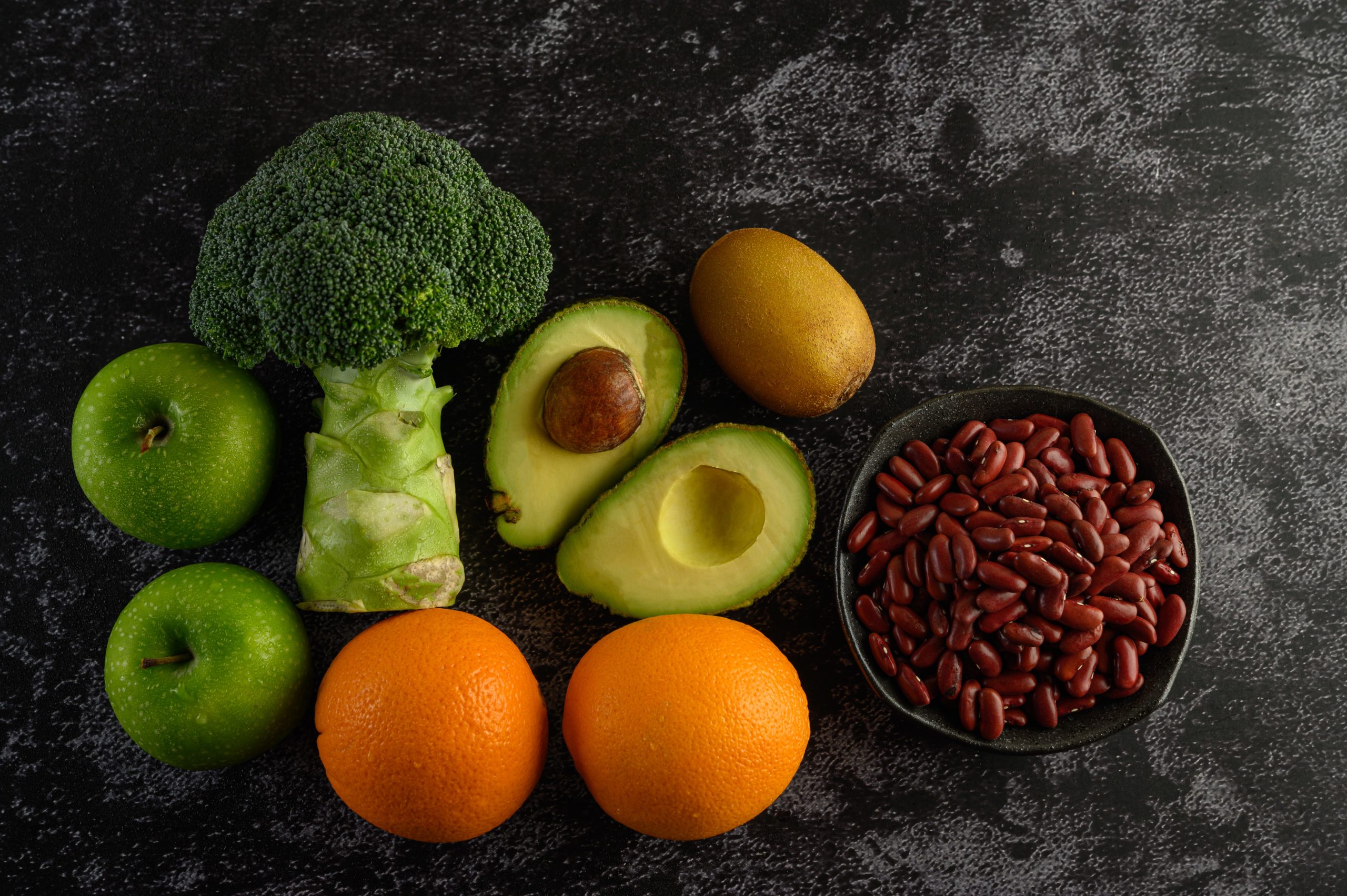
In recent years, there has been an increasing interest in diets and lifestyle choices that promote gut health, and for good reason. A healthy gut has been linked to improved digestion, enhanced immune function, and even better mental health. One of the key players in achieving optimal digestive health is the incorporation of fermented foods into one’s diet. These traditionally-made, nutrient-dense foods have been consumed for centuries across different cultures, and their benefits are being rediscovered in our modern world. In this blog post, we’ll explore the digestive benefits of incorporating fermented foods into your daily routine.
What Are Fermented Foods?
Fermentation is a natural process in which microorganisms such as bacteria, yeast, and molds convert carbohydrates—such as starch and sugar—into alcohol or acids. This process not only preserves food but also enhances its nutritional value and flavor profile. Some common examples of fermented foods include yogurt, kefir, sauerkraut, kimchi, miso, tempeh, and certain pickles. Each of these foods plays host to an array of beneficial bacteria, commonly known as probiotics.
The Role of Probiotics
Probiotics are live microorganisms that provide health benefits to the host when consumed in adequate amounts. They are often referred to as “good bacteria” and have been found to play a crucial role in maintaining a healthy digestive system. One of the primary benefits of probiotics is their ability to balance the gut microbiome, the complex ecosystem of microorganisms residing in our digestive tract. An imbalance in this microbiome, often caused by poor diet, antibiotic use, or stress, can lead to digestive issues such as bloating, constipation, and diarrhea.
Digestive Benefits of Fermented Foods
1. Improved Digestion and Nutrient Absorption
Fermented foods contribute to better digestion by breaking down food components before they reach your intestines. This pre-digestion ensures that your body can more efficiently absorb nutrients, such as vitamins and minerals, from the foods you consume. For instance, kefir is known for its high bioavailability of calcium and B vitamins, thanks to the fermentation process.
2. Enhanced Gut Health
As mentioned earlier, fermented foods are rich in probiotics, which help maintain a healthy balance of gut bacteria. A well-balanced gut microbiome is essential for proper digestive function and can reduce symptoms of digestive disorders such as irritable bowel syndrome (IBS). Regular consumption of fermented foods can help keep harmful bacteria in check, thereby reducing the chances of developing gastrointestinal infections.
3. Reduction in Chronic Digestive Conditions
Several studies have shown that probiotics found in fermented foods can alleviate symptoms of chronic digestive conditions. For example, sauerkraut and kimchi are known to contain specific strains of lactobacilli that have been found to reduce inflammation in the gut, a common issue in conditions like IBS and inflammatory bowel disease (IBD). These fermented vegetables also contain fiber, which aids in regular bowel movement and prevents constipation.
4. Boosted Immune Function
A significant portion of the immune system is located in the gut. Healthy gut bacteria play a crucial role in the body’s immune response by thwarting harmful pathogens. Incorporating fermented foods into your diet can help boost your immune system, as a healthy gut is better equipped to fight off infections. This potent combination of improved gut health and enhanced immunity makes fermented foods an essential addition to anyone looking to support their overall health.
5. Reduction in Lactose Intolerance Symptoms
Individuals who are lactose intolerant often struggle to digest dairy products due to a deficiency in lactase, the enzyme responsible for breaking down lactose. Fermented dairy products like yogurt and kefir contain bacteria that predigest lactose, making them easier to digest for those with lactose intolerance. Consuming fermented dairy can provide essential nutrients like calcium and protein without triggering digestive discomfort.
Tips for Incorporating Fermented Foods into Your Diet
If you’re new to fermented foods, it’s important to introduce them gradually to allow your digestive system to acclimate to these beneficial bacteria. Here are a few tips for incorporating more fermented foods into your diet:
– Start Small: Begin with small servings and gradually increase your intake as your body adjusts.
– Diversify: Include a variety of fermented foods in your diet to reap a wide range of probiotics and nutrients.
– Read Labels: Opt for products that are free from added sugar and preservatives, as these can diminish the health benefits.
– DIY: Try making your own fermented foods at home. It’s a fun and rewarding process that allows you to have control over the ingredients.
– Consistency is Key: Make fermented foods a regular part of your diet to maintain the beneficial effects.
Conclusion
Fermented foods offer a simple and delicious way to improve your digestive health while enjoying an array of flavors from around the world. Whether you’re seeking relief from a chronic digestive condition or simply looking to enhance your gut health, incorporating a variety of fermented foods into your diet can lead to transformative benefits. As research continues to unveil the multitude of ways our gut health impacts overall well-being, fermented foods remain a timeless and powerful ally in the pursuit of optimal health. So, next time you reach for a snack, consider choosing something fermented—your gut will thank you!




